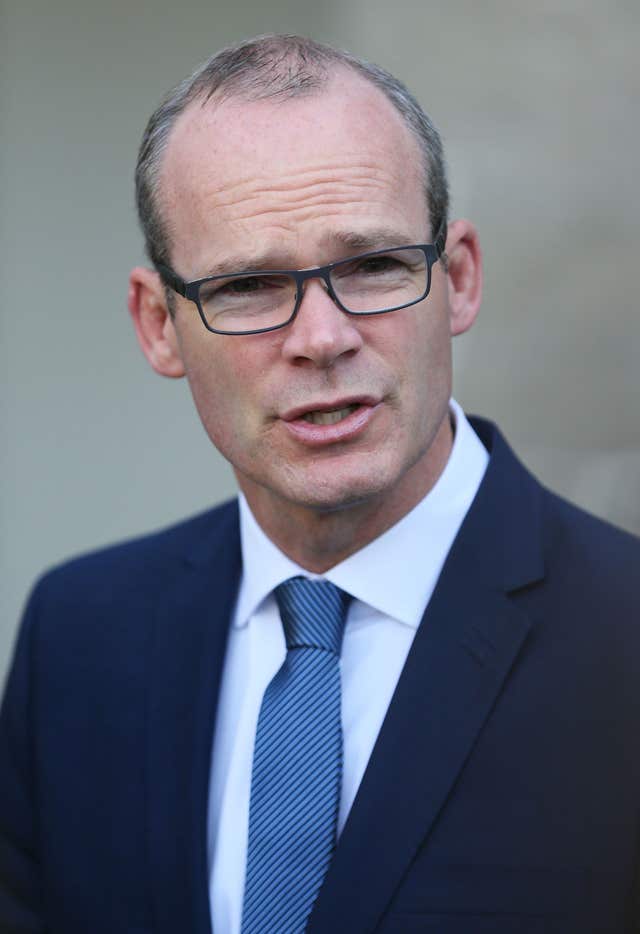Theresa May has hailed the “unprecedented series of expulsions” of Russian diplomats across the globe in the wake of the nerve agent attack in Salisbury.
The Prime Minister insisted the move sent a strong message to Moscow that it cannot ignore international law.

Mrs May’s spokesman said the PM told the Cabinet the move against Russia was “an unprecedented series of expulsions that has demonstrated to the Kremlin that we will not tolerate their attempts to flout international law, undermine our values or threaten our security”.
The Prime Minister added: “It is also important to note that our partners are not only taking these measures out of solidarity with the UK, but also because they recognise the threat that these Russian networks pose to the security of their own countries and the pattern of Russian aggression which has affected us all.”
Irish deputy premier and foreign minister Simon Coveney said: “The use of chemical weapons, including the use of any toxic chemicals as weapons, by anyone, anywhere, is particularly shocking and abhorrent.

Ahead of the anticipated expulsion announcement, Russia’s ambassador to Ireland, Yury Filatov, warned against any action that might “ruin” the relationship between the two countries.
Nato on Tuesday said it had withdrawn accreditation from seven members of the Russian Mission attached to it and would reject requests from three others.
Secretary General Jens Stoltenberg told reporters in Brussels the move sent a clear message to Russia that its actions “had costs”.
He added: “What triggered this was the Salisbury attack. But it is part of a broader response by Nato allies to a pattern of unacceptable and dangerous behaviour by Russia.
In light of the dangerous pattern of Russian behaviour and lack of constructive response after #Salisbury, #NATO has decided to reduce the number of Russian officials accredited to NATO by 10. https://t.co/0lNUoqPUjQ
— Jens Stoltenberg (@jensstoltenberg) March 27, 2018
“We have seen the illegal annexation of Crimea, we have seen the destabilisation of eastern Ukraine, we have seen cyber attacks, we have seen hybrid tactics, we have seen Russia investing heavily in modern military equipment and the willingness to use military force against neighbours.”
On Monday night, Australia moved to back the UK by expelling two Russian diplomats.
Prime Minister Malcolm Turnbull and minister for foreign affairs Julie Bishop issued a statement saying two Russian diplomats identified as “undeclared intelligence officers” would be directed to leave the country within seven days.
The statement added: “This decision reflects the shocking nature of the attack – the first offensive use of chemical weapons in Europe since the Second World War, involving a highly lethal substance in a populated area, endangering countless other members of the community.”
Sergei Skripal and his daughter Yulia were left critically ill following the Salisbury attack, with the PM saying doctors have indicated their condition is unlikely to change in the near future and they “may never recover fully”.
In Moscow, President Vladimir Putin’s spokesman, Dmitry Peskov, hinted the Kremlin would respond with tit-for-tat expulsions, saying Russia would proceed from the “principle of reciprocity”.
Russia has already ordered 23 British diplomats to leave in response to the expulsion of a similar number of undeclared Russian intelligence officers from the UK.
The Russian foreign ministry said: “This provocative gesture of notorious solidarity with London, made by countries that preferred to follow in London’s footsteps without bothering to look into other circumstances of the incident, merely continues the policy of escalating the confrontation.”
Meanwhile, Foreign Secretary Boris Johnson has resisted calls for the England football team to boycott the World Cup in Russia in the wake of the Salisbury incident.






